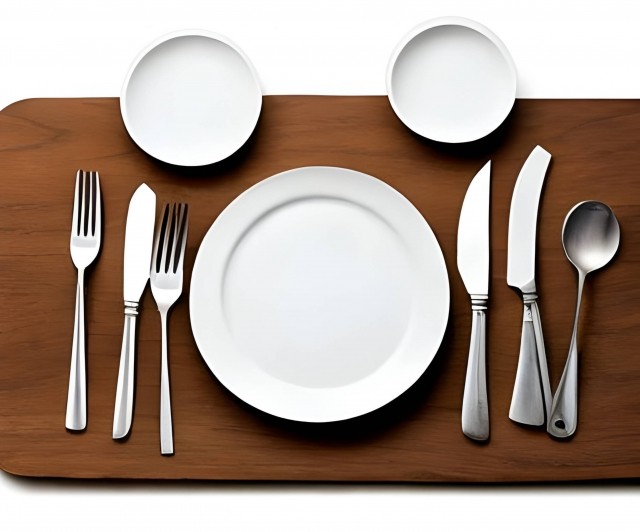昨日の「ラジオ英会話」の勉強内容です。
tweet で発信してきたものを、
ブログで、まとめたものです。
(基本的に、テキストに書かれているものは省略しています)
7月のテーマは、動かす② 指示・依頼
👉今年度は…
「感謝したい」「頼み事をしたい」といった、
発言のタイプ別おすすめ表現を多数学びます。
などへとゆっくり進めていきます。
◎そのために
▶︎7月も6月に引き続き、「発言タイプ」についてで
人をある方向に「動かす」言語活動の②です。
Lesson 61 発言タイプ:指示① 命令文
👉指示① 命令文
▶︎命令文は「指示」を表す最も単純な形。ここから「指示」のパターンを学びます。
会話の場面
登場人物
・キャスパー (Casper)
・アレクシス (Alexis)
状況
・キャスパーがネットを調べて、美味しい晩御飯を作り、アレクシスも褒めてくれました。でも彼女は時々忘れることがあるんですよね…
Opening で
Roza
▶︎ Hey, everyone. This is Akino Roza. I really appreciate your joining us today.
David
▶︎ And I’m David Evans. It’s July already. All right, guys.
Let’s have a great month.
Dialogue で
① I found the recipe on the internet.【recipe のスペル】
👉ここでは、recipe という単語が出てきましたね。
ちょっと綴りが難しいのでテキストをお持ちの方は、後から確認してみて下さいね。
② Sure, I’d love to.【I would like to の強調形 】
👉 I’d love to. これは、I would love to – I would like to の強調形ですね。
しっかりと使えるようにしといて下さい。
③ Casper, I appreciate your cooking, but please put the dishes in the sink.
【appreciate の意味】
👉さあ、ここで appreciate your cooking というフレーズが出てきましたが、
appreciate「感謝する」という動詞です。
④ And never leave the knife out like this.【目的語説明型のleave】
👉さあ、ここで leave the knife out というフレーズが出てきましたね。
leave「残したまま去る」ということです。これは、目的語説明型ですね。
the knife = out の状態にして去る、というわけです。

Practice
David
▶︎ OK , everyone. It’s time for practice. Are you ready to go?
OK. Let’s listen to a few examples as I give you strong intonation versus
light and soft intonation.
Maybe you can hear the difference.
・Take off your shoes.
(versus)
・Take off your shoes, please.
OK. Let’s practice together.
・Take off your shoes, please.
・Wash your hands, please.
・Empty your pockets, please.
Roza
▶︎ Let’s do a few more.
Hear the ending to the sentences that we add like “OK?” or “will you?”
“yeah?” They act to lighten a sentence. Let’s try together.
・Make sure to lock the door, OK?
Do you see how that immediately lightened the phrase?
Let’s continue.
・Pass the soy sauce, will you?
・Pass the soy sauce, can you?
・Pass the soy sauce, yeah?
・Pass the soy sauce, would you?
David
▶︎ OK. These next few use “don’t” for something you want to avoid
them doing. So let’s practice these.
・Don’t play with your food.
・Don’t sit in this area.
・Don’t run with scissors.
・Don’t talk back.
Roza
▶︎ OK. Let’s try one last one.
This one, we’ll use “never.” So let’s try with the serious tone.
・Never leave the knife out like this.
One more time.
・Never leave the knife out like this.
David
▶︎ Ummm, scary.
Roza
▶︎ Excellent work, guys.
David
▶︎ Great work.
Ending
Onishi
▶︎ Hey, David. Do you cook?
David
▶︎ Oh, yeah. You know, in Japan they have the サ・シ・ス・セ・ソ of cooking.
I have the four essays of David’s cooking: (s)oup, (s)alad, (s)auce, and
(s)crambled eggs. That’s about it.
Roza
▶︎ Only one of those is actual cooking.
David
▶︎ Come on!
Onishi
▶︎ Good point, Roza.
Words and Phrases
① talk back
👉口答えする
② smell bad
👉嫌な匂いがする
③ cool off
👉温度が下がる
④ give up one’s dreams
👉夢をあきらめる
これで、
Lesson 61 は終了!



コメント